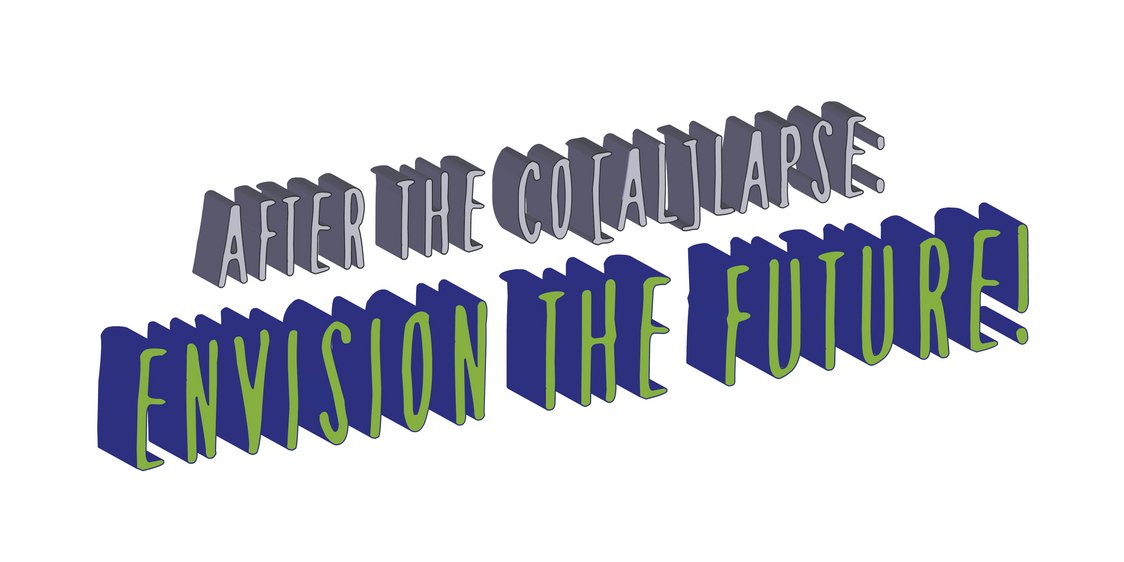After the Co(al)lapse:Envision the future!
Project information
submitted by
Pia Müller
Co-Authors
Florian Dietz
Leonie Hermann
Louis Köpp
Martin Leonhardt
Leonie Liebenwald
Antonie Schoch
Nils Schröder
Arthur Stark
Mentors
Eckhard Kraft
David Gaeckel
Senta Rosemarie Berner
Florian Wehking
Pia Müller
Steven Mehlhorn
Faculty:
Architecture and Urbanism,
Civil and Environmental Engineering,
Bauhaus.Module
Degree programme:
Architecture (Bachelor of Science (B.Sc.)),
Urban Studies (Master of Science (M.Sc.)),
Civil Engineering (Master of Science (M.Sc.)),
Environmental Engineering (Master of Science (M.Sc.))
Type of project presentation
Film
Semester
Summer semester 2023
- – ONLINE –
(tba) - Freifläche 5 / area 5 (zwischen Prellerhaus und Bauhaus.Atelier)
(OpenAir Filmvorführung/Première)
Participation in the Bauhaus.Modules
Project description
Adapting urban settlement structures to the challenges of climate change requires far-reaching changes in the conception and development of future urban neighborhoods as well as the design of modern building architecture. In this context, future-oriented urban development requires interdisciplinary intersections from all disciplines of urban planning and infrastructure management. Such concepts face particular challenges when implementing measures in existing buildings. Using the concrete example of an industrial wasteland of the former Rheinbraun Brennstoff GmbH at the Asbach green belt in western Weimar, student perspectives for a sustainable subsequent use were to be developed. In the development of the future perspectives, the conditions of this site in the historical, spatial, but also in the socio-ecological context were to be worked out and the various challenges and possibilities that a revitalization entails were to be illustrated.
The area was to be creatively rethought: Coal was yesterday! What will come tomorrow? The challenges for the future were specifically addressed, technical and infrastructural aspects were illuminated and placed in the context of a Blue-Green Infrastructure for Weimar West. As a medium for conveying the results, two three-minute short films were developed that audiovisually present new potential perspectives of a sustainable future for the former Rheinbraun Brennstoff GmbH.

